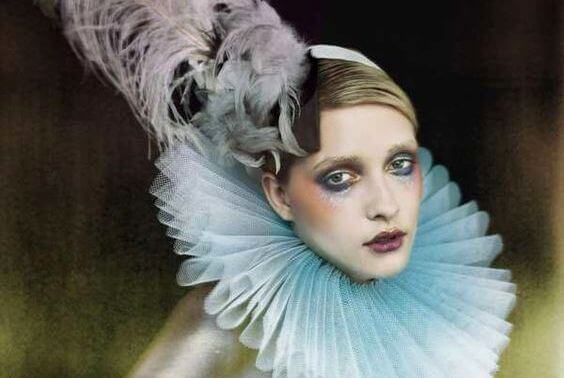The discussion of the concept of what it means to be happy or cannot be endless. Happiness is an abstract concept and it is difficult to discuss without falling into a “deadlock. “Pleasure, however, is much easier to understand, at least in appearance: pleasure is everything that breaks the routine and gives you satisfaction.
The bad news is that being happy and having fun are not synonymous, someone can have fun and not be so happy. The opposite can also happen: the person does not do many fun activities, but is happy.
“My happiness is to appreciate what I have and not want too much what I don’t have. “- Leon Tolstoy?
But what’s it about? It is simply an introduction to a point that must be a source of reflection: in today’s world pleasure has become practically an obligation, the unhappy are only welcome in churches and psychological clinics, so excessive pleasure can be a way of concealing great misfortune.
Do you remember what one of the company’s first slogans was asking for?”Have fun!” Dit-il. Et showed people smiling and living happily, that is, surrounded by many friends, traveling, venturing, eating delicious dishes or looking like a “couple of magazines”.
In recent decades, many people have consistently followed this rule. One of the scariest words in today’s world is “boredom. “And one assumes that the opposite of boredom is excessive dynamism, many fun “weekends”. A lot of people say, “What I like most about him is that it makes me laugh?Yes? What I like most is that she doesn’t take things so seriously. “
It is assumed that to be happy you have to smile and look like the people of Coca-Cola or some toothpaste advertisement. Expressions that are not smiles are “ugly faces. ” If you are having difficulties, there is always someone who wants to help you, invite you to a party or advise you to introduce more fun into your life.
The obligation to have fun is so strong that sometimes we end up feeling guilty when we think we don’t appreciate it enough, or that we don’t have the emotional tools to enjoy it, as God commands.
Pleasure, the moment of celebration, appears in the history of humanity as sacred, each culture has special moments reserved to interrupt everyday life and share time with the community, represented very emotional moments because they were supposed to share joy, artistic expressions and an affectionate encounter with others.
The eternal feast of today’s world, however, is increasingly linked to planned commercial purposes, in many cases it has its origins in boredom and not intended to celebrate, but the worst thing is that when it becomes a continuous practice it is also part of a routine, which takes away charm and pleasure.
There was a time when pleasure and satisfaction were considered enemies of virtue; sex was demonized and considered an area where the human being could initiate a process of decomposition; pleasure was something for underdeveloped and irrational people, so they indulged in the satisfaction of their instincts.
Thanks to input from many disciplines, including psychology, the idea was understood and disseminated that, contrary to what most people thought, pleasure, satisfaction and fun were legitimate elements of good mental health; that the suppression of desire was a negative thing and could greatly increase people’s neuroses.
Today it seems that the idea to be disseminated is exactly the opposite: not everything can be appreciated and frustrations and needs also play an important role in emotional development and growth, what is demonstrated today is all that does not imply pleasure or pleasure. does not exclude or answer questions about the meaning of our existence; Having fun doesn’t mean we’ve solved the personal happiness puzzle.
Images courtesy of Pierre Manning, classic of Coca-Cola pop art.

